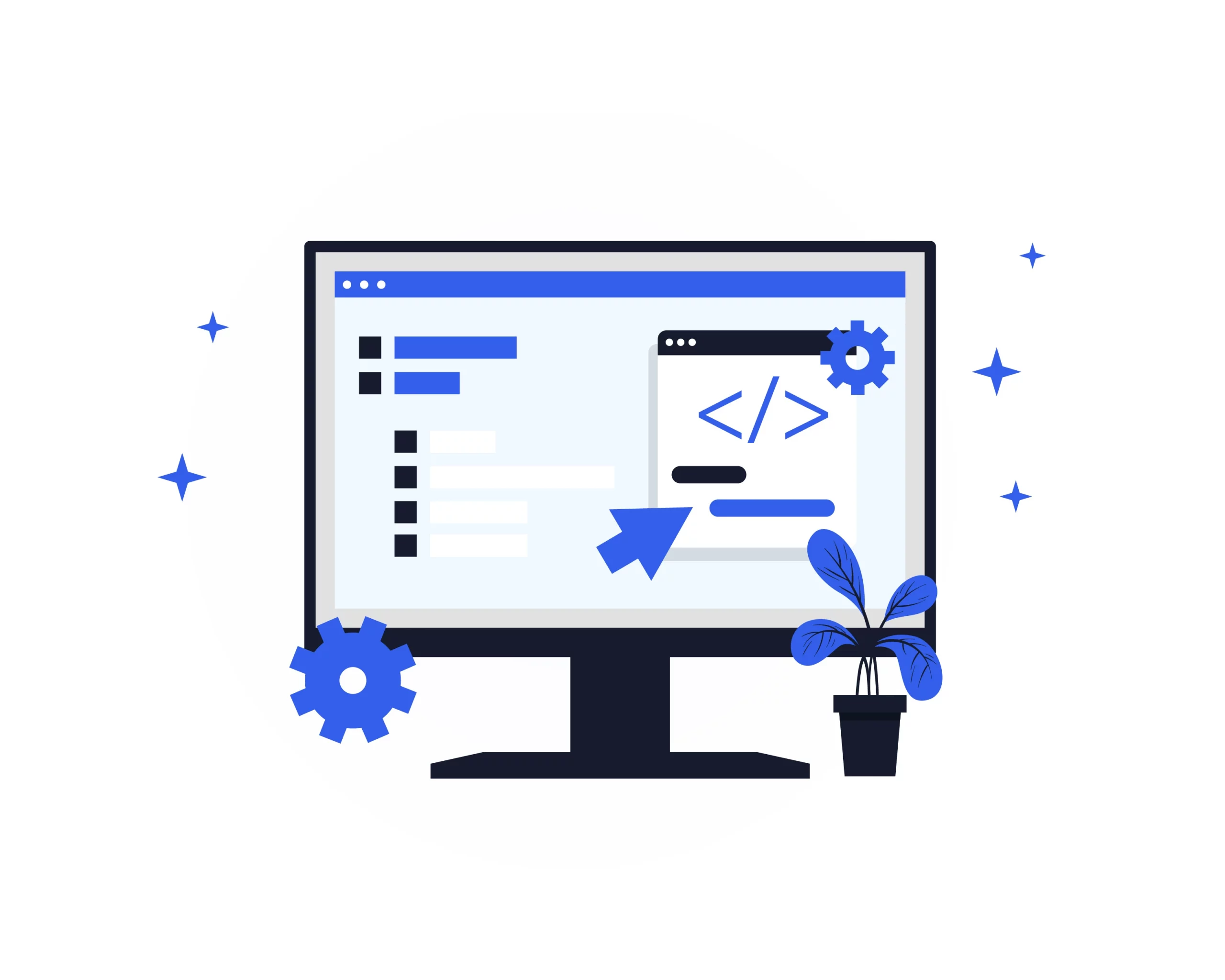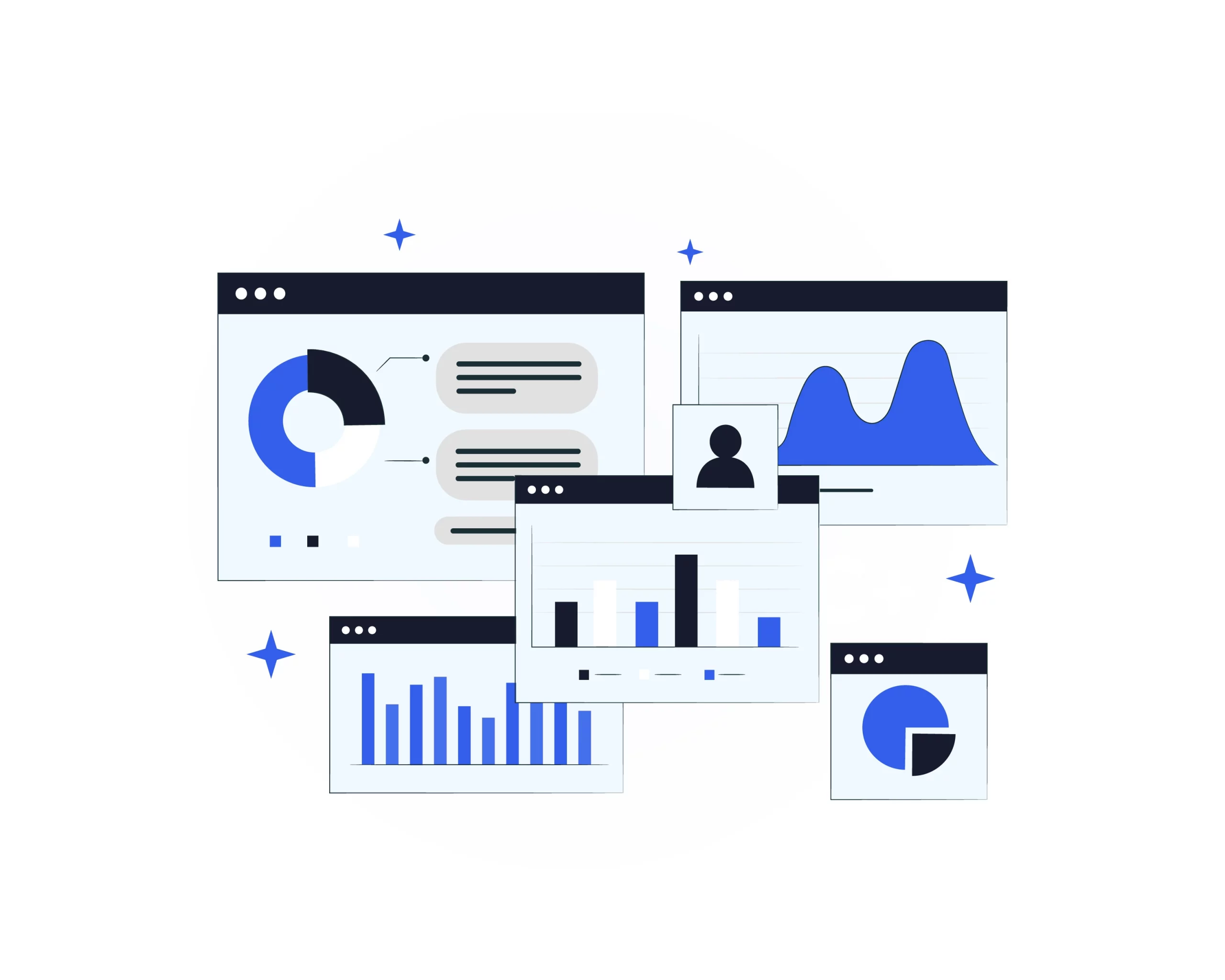Website testing is always changing because the internet and the technology behind it keep changing too. There are a few important things happening in website testing that will shape its future:
AI and Machine Learning: People are using AI and machine learning to make website testing easier. These technologies help with things like creating tests, running tests, and understanding the results. This makes testing websites faster and better.
Testing in the Cloud: Many companies are moving their website testing to the cloud. This is good because it makes testing more flexible, scalable, and cheaper.
Security Testing Matters: The internet is getting more complicated, and that means there are more risks of security problems. Testing to make sure websites are safe from attacks is really important.
User Experience Testing: Testing how easy it is for people to use a website is becoming more important. This kind of testing helps find and fix problems with how people use a website, making it better for users.
Besides these changes, other things are also shaping the future of website testing. For example, more and more people use mobile devices, and new technologies like progressive web apps (PWAs) are becoming popular.
AI and Machine Learning
Here are some examples of how AI and machine learning are helping with website testing:
Creating Test Cases: AI can make test cases by looking at what a website is supposed to do. This saves testers time and makes sure everything gets tested.
Running Tests: AI can run tests and make reports about what it finds. This frees up testers to do more complicated work, like finding and fixing problems.
Analyzing Results: AI can look at test results and find patterns and trends. This helps testers figure out what’s causing problems and fix them faster.
In the end, the future of website testing looks promising. AI and machine learning are making testing easier and better. Cloud-based testing is making it more accessible for companies. Plus, security and user experience testing are making sure websites are safe and easy to use.
Integration of 5G & 4G Proxies for Website Testing
Using 5G and 4G proxies for web testing offers several advantages, primarily related to speed, location diversity, and security. These proxies are a valuable resource for web developers, testers, and businesses looking to optimize their online operations.
Testing Different Locations
Mobile proxies can help evaluate how a website works in various places around the world. This is important because a website may act differently based on where users are, due to things like content delivery networks, location restrictions, and internet censorship. Mobile proxies are great for this kind of testing because they allow you to test websites from actual mobile devices in different locations.
Checking Performance
The assessment of a website’s operational efficiency encompasses the utilization of mobile proxies to check its performance under various network conditions, like slow internet, high delays, and data loss. This helps spot and fix performance issues before users face them. Mobile proxies are particularly useful for performance testing because they can mimic the real network conditions that mobile users encounter.
Testing Security
When it comes to cybersecurity, using mobile proxies is crucial for checking how secure a website is. This helps find and fix security problems before they can be exploited. Mobile proxies are especially useful for security testing because they can mimic the types of attacks typically used against mobile devices.
Language and Culture Testing
Testing how a website looks in different languages and cultures is important, this is because websites may appear differently to users in various regions, due to things like text encoding, character sets, and cultural norms. Mobile proxies are excellent for this type of testing because they allow you to test websites on real mobile devices in different locations with various languages and settings.
Load Testing
Mobile proxies can be used to check if a website can handle a large number of mobile users at the same time without crashing. This is important because more and more people are using their smartphones and tablets to access websites and web applications. Mobile proxies are especially useful for load testing because they can mimic the real load a website would face from mobile users.
In addition to those advantages, mobile proxies can also make website testing more efficient and effective. For instance, they help in:
- Avoiding IP Bans: Websites might block certain IP addresses if they detect suspicious behavior, like too much automation or many failed login attempts. Mobile proxies can help bypass bans by switching to different IP addresses.
- Expanding Test Coverage: Using mobile proxies to test a website from various locations and network conditions broadens your overall test coverage, allowing you to find more potential issues.
- Speeding Up Testing: Mobile proxies can accelerate website testing by storing often-used resources and reducing the distance between the testing device and the web server.
Overall, mobile proxies are a valuable asset for website testing. They enhance the precision, efficiency, and effectiveness of your testing process, ensuring your website performs well for all users, including those on mobile devices.
Differences Between 5G and 4G Proxies
5G and 4G proxies are both types of mobile proxies that use cellular networks to access the internet. However, there are important differences between them:
Speed: 5G proxies are considerably faster than 4G proxies, reaching speeds of up to 10 gigabits per second (Gbps). This is because 5G networks provide much higher data speeds compared to 4G networks, and makes them perfect for tasks like streaming high-quality video, downloading large files, and playing online games.
Latency: 5G proxies also have lower latency than 4G proxies. Which means there’s less delay between sending a request and receiving a response. This is important for real-time activities like online trading.
Reliability: 5G proxies are generally more dependable than 4G proxies. This is because 5G networks are less likely to suffer from congestion and interference compared to 4G networks.
Coverage: 5G networks are expanding, covering most major cities and metropolitan areas. This means 5G proxies can be used in a broader range of locations compared to 4G proxies.
Cost: 5G proxies are usually pricier than 4G proxies. This is because 5G networks are newer and less widely available compared to 4G networks.
Best Use of 5G & 4G Proxies
Here are instances where you might opt for a 5G proxy:
- Streaming high-definition content
- Downloading large files
- Online gaming
- Security testing and web scraping
On the other hand, here are scenarios where a 4G proxy might be a suitable choice:
- Web browsing and email
- Social media usage
- Online shopping
- GPS navigation
The choice between a 5G or 4G proxy depends on your specific requirements. If you require the fastest speeds and minimal latency, a 5G proxy is the ideal choice. However, if you’re budget-conscious or don’t need the highest performance, a 4G proxy might be the more practical option.









